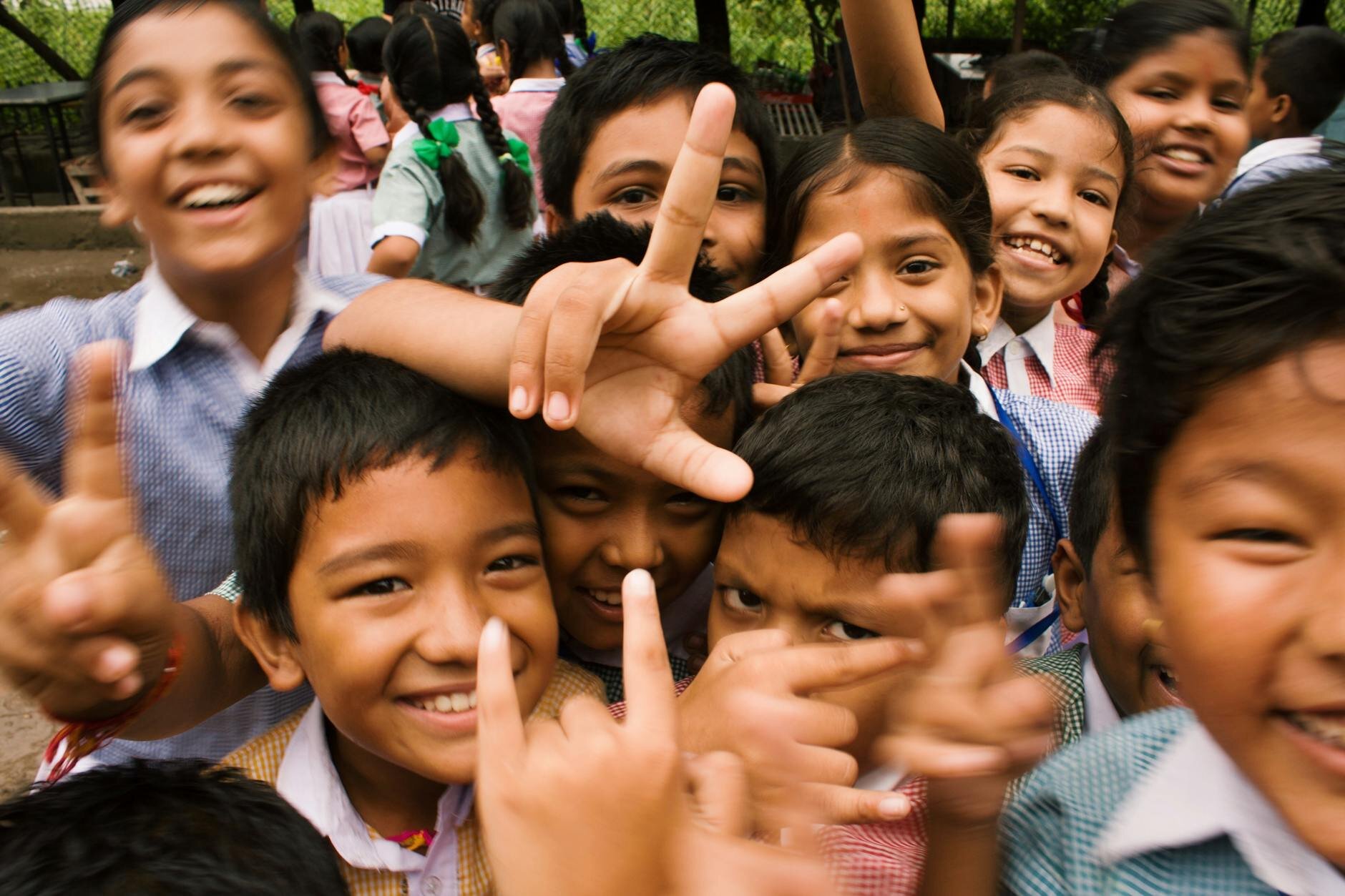
The potent synergies created by the close interaction between the three research areas at C-BID is well illustrated by C-BIDs work on the Global Evidence Dataset:
A flagship project, the dataset contains, among others, information about personality traits and social norms in 70 countries, which account for nearly 90% of the world’s population and wealth. This unique dataset allows us to conduct a detailed investigation of how different institutions around the world affect individual traits and behavior. The dataset will become available to other researchers, enabling them to link it with other data sources and answer a host of other questions.To continue to strengthen the links in local public sector, we carefully sampled the UAE and other countries in the MENA region. This provides us with unique insights that enable us to better understand the socioeconomic context in which our policies and institutions are implemented.
C-BID’s completion of the first global, large-scale, incentivized survey experiment, has culminated in the Global Evidence Dataset, standing as one of C-BID’s most significant research accomplishments and assets.
Through carefully designed experimental instruments, we gathered incentive-compatible measures of preferences and abilities from over 65,000 individuals, sampled to represent the populations of 70 countries.
With the completion of this Dataset, C-BID is poised to explore numerous research avenues that delve into the interplay between social variations and human behavior, fostering new collaborations and enriching our understanding of global dynamics.
Co-director
The Global Evidence Dataset offers valuable insights into various aspects of human behavior, including:
The completion of the Global Evidence Dataset provides C-BID with a distinct advantage in studying global beliefs. By utilizing incentivized measures from nationally representative samples, we can navigate the complexities of studying beliefs through precise predictions of individual behaviors. This dataset allows us to:

Director C-BID

Co-PI C-BID

Post Doctoral Researcher

Post Doctoral Researcher

Post Doctoral Researcher

Research Assistant
